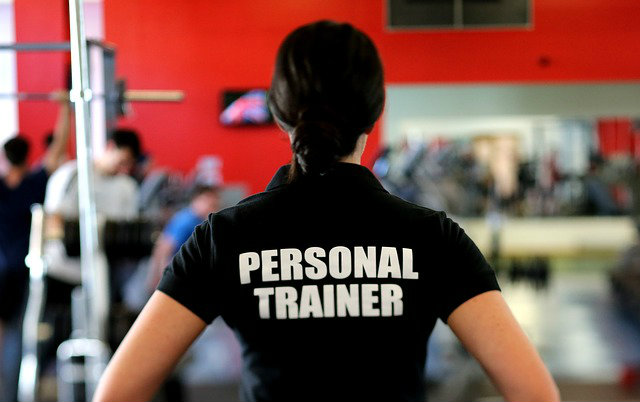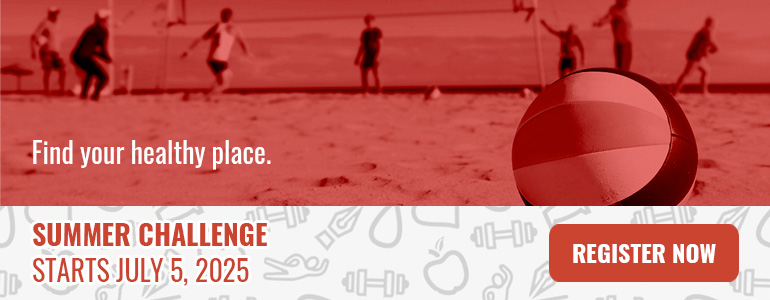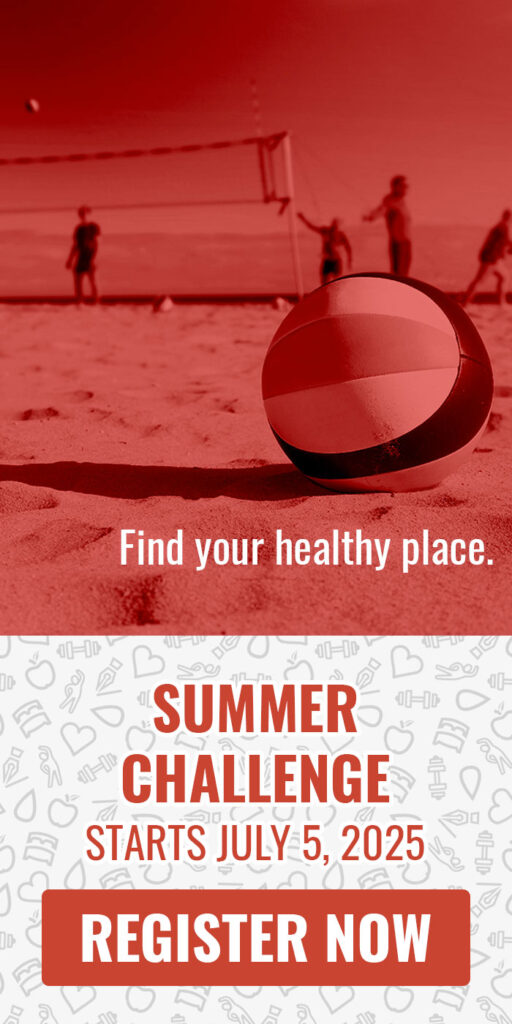 Reading Time: 5 minutes
Reading Time: 5 minutesI’ve always considered myself a smart person. I did well in school, was on the honor roll, took advanced classes. I still spend a lot of time working on getting smarter: taking courses, reading scientific studies, learning from other professionals. I want to be the smartest coach around — except when I’m actually coaching someone.
I’ve learned over the years that I’m the most effective for my clients when I’m not the smart coach but the good coach.
Yes, I want to know what I’m talking about and have the knowledge to provide solutions to my clients, but my only focus when I’m working with a client is being a good coach.
- The good coach helps the client come to her own solution, one that is workable and fits into her lifestyle.
- The smart coach tells the client what to do because the smart coach is, well, smart and wants the client to know it.
The Smart Trap Only Serves You
If you coach people on a regular basis, you’ve fallen into the smart coach trap. We all have from time to time.
You get back from a seminar and want to tell every client you meet about how they should eat more fat/swing the kettlebell this way/stretch the back like this. You’re excited about what you’ve learned and you want to share the information.
But, really, how much does your client need to know? And how much are you trying to show how smart you are?
Clients come to us for a lot of reasons. Learning should be one of them. But, with a few exceptions, the learning they should be doing is about themselves, their bodies, their motivations, and what does and does not work for them. They don’t need to know about the Kreb’s cycle or posterior chain activation or mitochondrial regeneration.
A Smart Coach Opens Doors
This also applies when a client comes to us with a new idea that she is excited about and is looking to try.
As coaches, we’ve all been there. A client comes to a session all excited about the latest celebrity-driven diet craze. “Hey, Adele’s doing this 5-2 diet. Do you think that would work for me?”
The smart coach in me wants to roll my eyes and point out that my client needs to stop eating so much processed food, stop drinking every night because of stress, increase her protein intake, and make sure she is sleeping eight hours every night so her cortisol levels are where they should be before she worries about meal timing or fasting.
The good coach in me asks, “What is it about this plan that appeals to you?”
See the difference?
The smart coach closes doors. The good coach opens them.
Where does the conversation go next for the smart coach? Nowhere. She has shown how smart she is, told the client what to do, and can now move on.
The good coach, however, has allowed the conversation to continue. This will lead to more discovery and ultimately a better solution for the client, and also a deeper relationship built on trust and understanding.
“I like the idea of not even having to think about food for two days every week,” the client responds.
Once again, the smart coach may roll her eyes. “What’s to think about? Eat lean protein, eat lots of veggies, and cut out the processed foods and alcohol. Go to sleep an hour earlier. It’s simple.” Oh wait, the smart coach has already shut down the conversation and is out of the picture. Never mind.
The good coach sees the opening. “I understand. Food is a big part of our lives and planning meals can feel all-consuming. Tell me more.”
“It’s not just planning. It’s all the social pressure and the temptations I deal with every day. Cookies in the break room, after work cocktails, late night snacks. I can’t get away from it. I know it would be hard and but the idea of knowing I don’t have to eat for two days every week is kind of appealing.”
Now, we’re getting somewhere. The issue isn’t what to eat. The issue is all the emotions and pressures tied to eating.
Now the good coach can help the client decide on a reasonable and doable solution for her — like a Whole Life Challenge-style free day every week/two weeks/month or a fun strategy to deal with the daily temptations such as a five-minute break to step outside for fresh air or put her headphones on to listen to a power song or some quiet time to take ten slow, deep breaths.
Turns out the good coach is the smart coach after all.
Be Smart Enough to Be Good
We can all be the good coach if we let go of always being smart. After all, being smart is not our goal as coaches. Creating healthy and sustainable change for our clients is our goal.
Next time you feel the smart coach in you wanting to show off, stop and do these three things instead:
- Really listen to what the client is saying.
- Praise her for looking to create change.
- Get her to tell you more about the change she wants.
Playing dumb and asking lots of questions is the smartest thing we can do as coaches.
It doesn’t matter how many books and papers we read if we cannot read our clients. I spent the first five years of my coaching career getting smart. Now I’m smart enough to know that being good is the smartest thing I can do.










